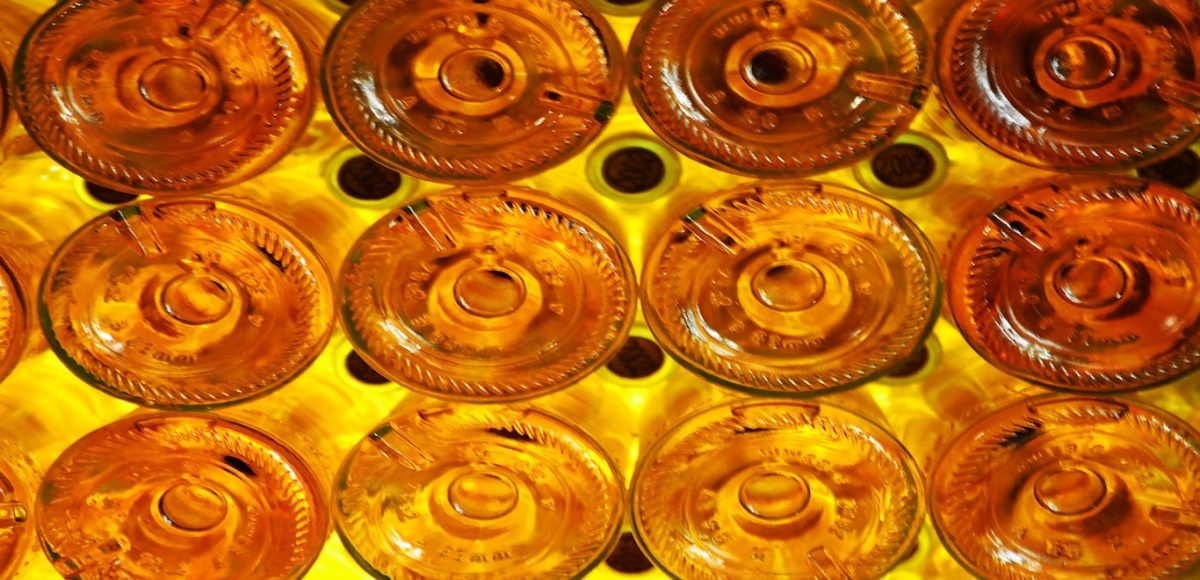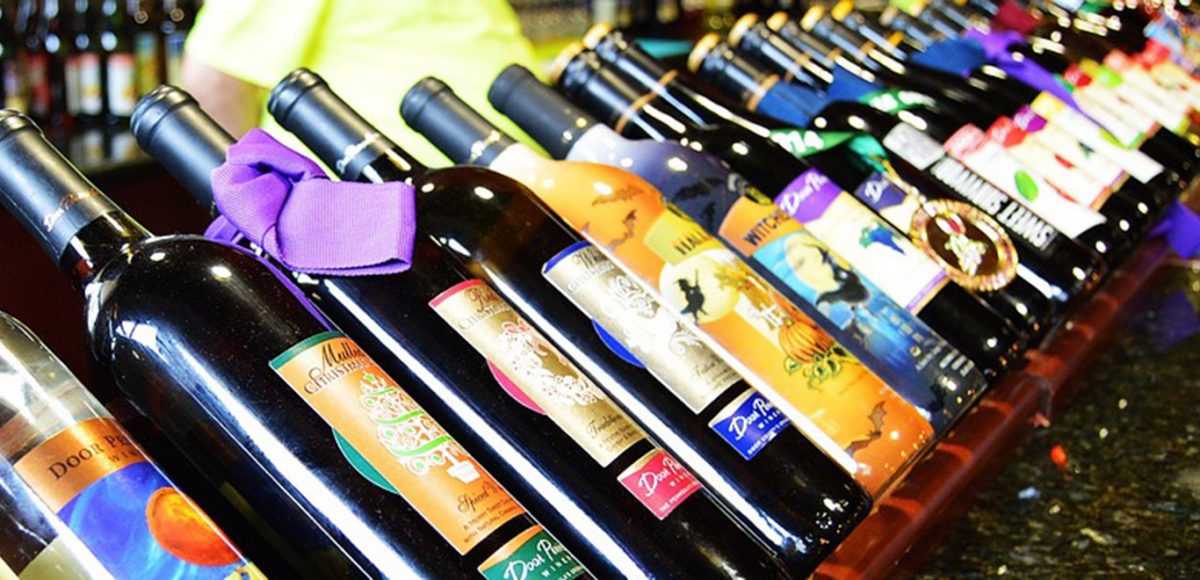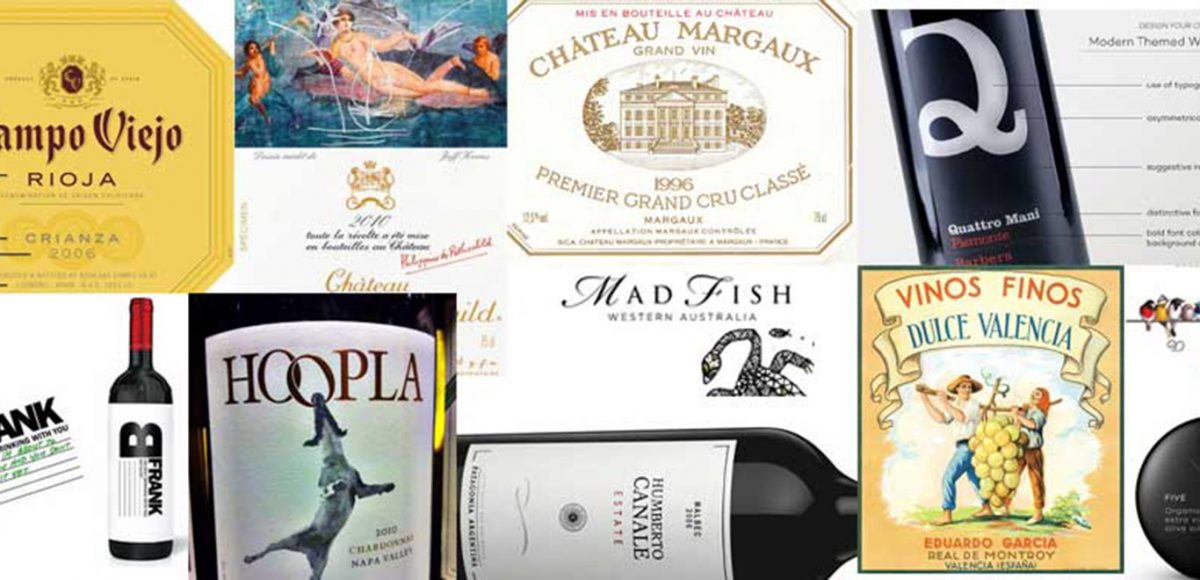Firstly, orange wine is not made from oranges. It is a white wine that has developed a distinctive orange like colour. In fact many of them range between a light golden honey to an autumnal amber colour.
What gives the wine its distinctive colour is the way it is made. Normally to make white wine the grapes are pressed and then fermented with little time in contact with the skins. However, winemakers of Orange Wines have been inspired by the ancient winemaking traditions, when white wines were made in a similar way to red wines.
Before we had stainless steel tanks and temperature controlled fermentation grapes were fermented and aged on their skins in clay amphoras and oak casks.
There has been a revival in the use of clay amphoras to make all kinds of wines. It was not that many years ago when I would find old amphoras abandoned in vineyards but nowadays everything ‘retro’ seems to be back in fashion.
When the grape juice is left for longer in contact with the skins, it develops a deeper colour, added complexity and greater intensity of flavour. The first reaction of many people to an orange wine will be to question if the wines is fit to drink. We are used to seeing white wines that are clear and bright. These wines are different.
However, it was only a generation ago when most carafes of house wine served in local bars and restaurants would have had a darker colour than we are accustomed to today. However, the orange wines of today should be better quality and more consistent that their predecessors.
The revival of Orange Wines began in Friuli, northern Italy around ten years ago and has grown steadily throughout the wine world. In Italy the wines were called Ramato, which means copper in Italian. Nowadays winemakers in most wine making regions of the world are experimenting and producing their own versions of orange wines.
Orange Wines are often classified as Natural Wines, which is not always the case. Winemakers of natural wines use non interventionist techniques to make wine, as was the norm many years ago before temperature controlled fermentation, stainless steel, pneumatic presses, and manufactured yeasts.
What do orange wines taste like? It depends on the grape variety but generally speaking these wines have tend to be full of character, more oxidative in style, rich, fuller bodied, with dried fruits and nuts, spices, often with a touch of bitterness, from the tannins following the long soak on the skins. Best served slightly chilled rather than cold because if too cold you loose some of the aromas and flavours plus the wine may have a slight bitterness, resulting from the higher level of tannins.
So bear this in mind when you try an orange wine for the first time. It is a funkier style of wine that is an acquired taste and not for everyone but definitely worth trying.










